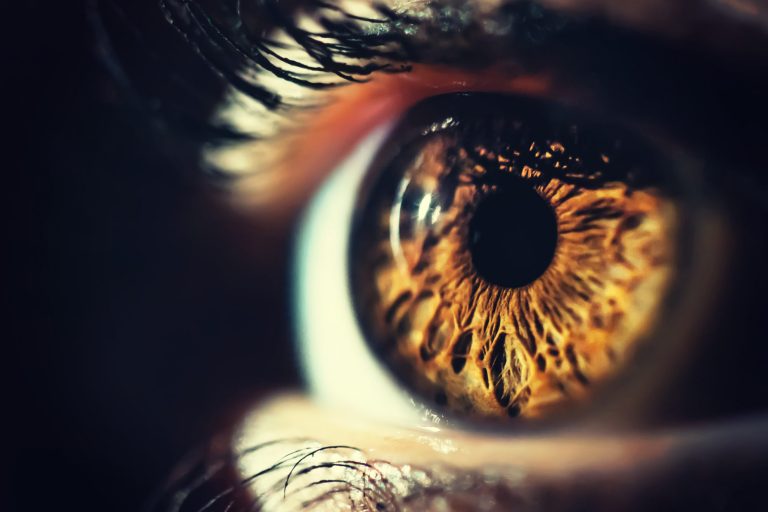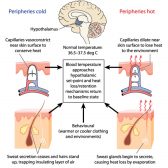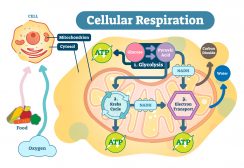Human Perception – Neurology

Human perception in action
Table of Contents
A better understanding of human perception unlocks the key to how the mind works, an advantage when working with people with mental disorders.
Visual Perception
The below diagram is an illustration as to how we all perceive things in our own way, as suggested by the theories of Jung and Freud.

Human Perception in Action
What do you see? Some of you may see 2 green faces, others may see a white chalice. This all depends on your initial perception of the diagram. You may find that when you look again you may see the alternate picture within the diagram.
The retina is responsible for interpreting visual stimuli such as this. It picks up photons of light via the 130 000 000 rods and cones situated on it. In pre-modern times it was considered that visual perception simply encompassed what was seen by the eye on the outside. These external stimuli would, in turn, produce a perception in the brain caused by the stimulus.
However, this is not the case. Modern medicine now knows that information from the eye is simply a physiological process that does not actually process the signals it receives. This job is left to the brain.
The senses simply act as a messenger to a particular stimulus that is seen. The brain is the place where external stimuli are actually perceived.
Spatial Awareness
The environment we live in is 3 dimensional, thus needs a 3-dimensional approach to understand it. Therefore height, width, and depth must be measured by the eyes.
This is possible by the way the eyes are situated on the head. Positioned either side of the nose, the right eye picks up a vision on the left hemisphere and the left eye picks up vision in the right hemisphere.
The images picked up by the eyes are projected upside down on each of the eyes’ retina. This, in turn, will be perceived as the right way up by the brain, which will interpret the three-dimensional values of the external environment at a very fast and effective rate.
Illusions
It is possible for the physiological state of the brain to deviate from the norm and trigger of a mental disorder. Illusions are a symptom of such mental disorders. However, it is also possible to trick the senses of a perfectly functional healthy brain. Illusions, such as the mirages that appear in the desert are caused by the trickery of the sense, leading us to believe there is something out there when this is not the case.
More information on illusions and mind trickery is looked upon in the next tutorial, Neurology of Illusions.
You will also like...

Temperature Regulation in Animals
This tutorial elucidates body temperature regulation. Know the details here to learn how the body sets the body temperat..

Developmental Biology
Developmental biology is a biological science that is primarily concerned with how a living thing grows and attains matu..

The Hominids
The hominid family diversified from the apes around 6 to 8 million years ago. Since then, the evolutionary path has prov..

Ecological Research: Measuring & Analysis
This lesson is about the methods used for ecological research, such as quadrat and transect sampling, canopy fogging, an..

Community Patterns
Learn about community patterns and the ecological factors influencing these patterns. Revisit some of the ecosystems you..

Cell Respiration
Cell respiration is the process of creating ATP. It is "respiration" because it utilizes oxygen. Know the different stag..
